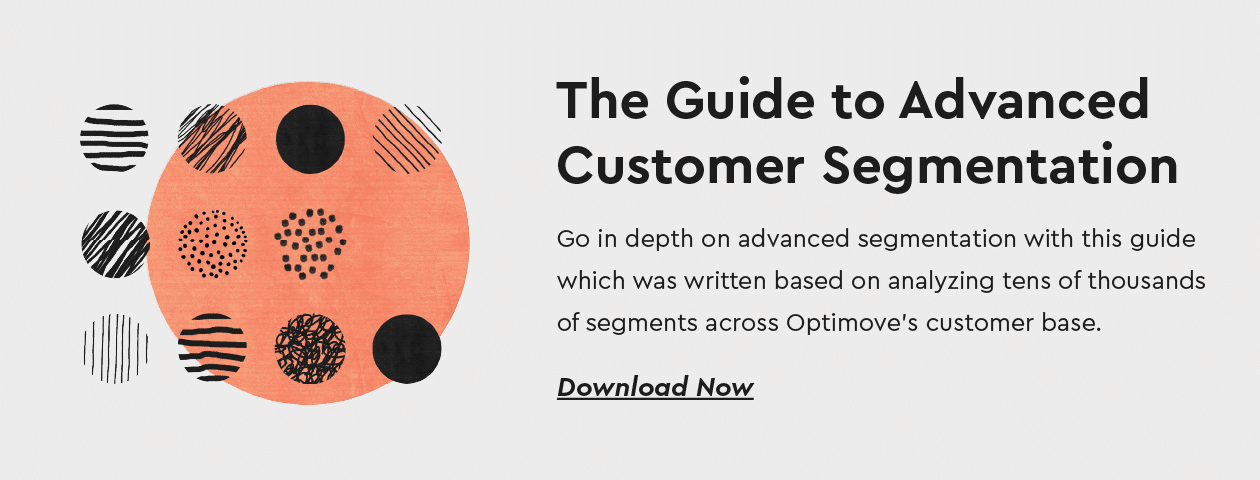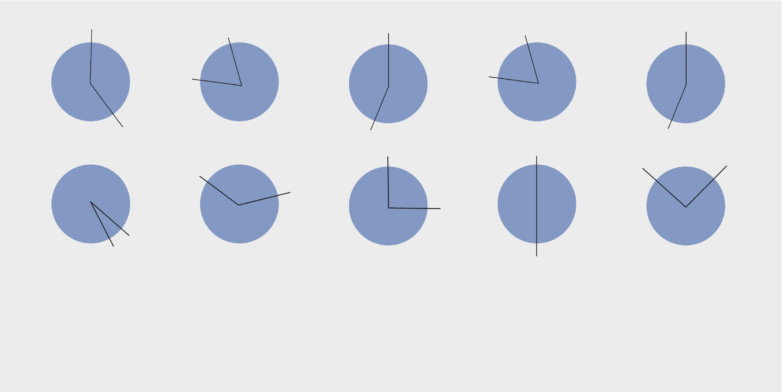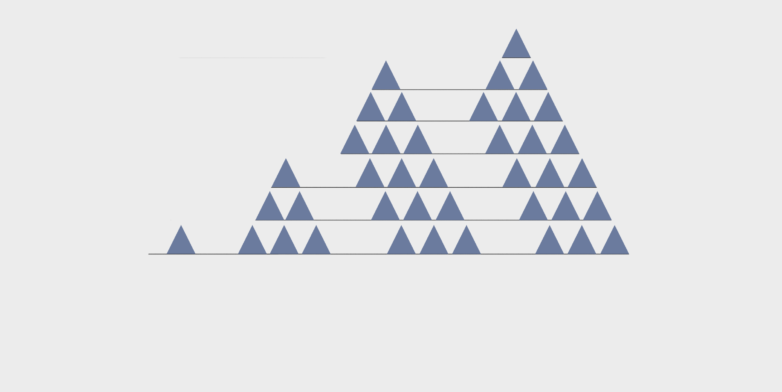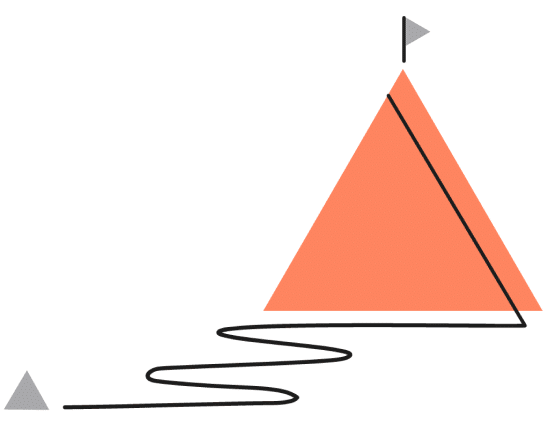What is Predictive Behavior Modeling
Predictive behavior modeling is the science of applying mathematical and statistical techniques to historical and transactional data in order to predict the future behavior of customers. In the realm of customer analytics, predictive behavior modeling goes beyond passive customer analytics by allowing marketers and retention experts to make decisions based on expected future results, rather than trying to make educated guesses based on analysis of historical data. Predictive behavior modeling is typically used to select the best marketing actions to run on each group of customers, and to identify which customers will likely change their spending level (e.g., purchase, upgrade, churn).
Guide to Advanced Customer Segmentation
The Advantages of Predictive Behavior Modeling
When marketers can target specific customers with the specific marketing actions likely to have the most desirable impact, every marketing campaign and retention action will be more successful. The ROI of upsell, cross-sell and retention campaigns will be greater. For example, imagine being able to predict which customers will churn and the particular marketing actions which will cause them to remain long-term customers!
Additionally, customers will feel the greater relevance of the company’s communication with them, resulting in greater satisfaction, brand loyalty and word-of-mouth referrals.

How Predictive Behavior Modeling is Done
There are many techniques which attempt to accurately model customer behavior in order to predict it. Unfortunately, most of the predictive behavior modeling methods rely on quantifying risk based on static data and metrics, i.e., information about the customer as he or she exists right now.
The simplest one is known as RFM: recency, frequency, monetary. While easy to implement without specialized tools, it is actually not a predictive model at all, and it ignores numerous factors which might indicate how a customer will act in the future. The most common truly predictive behavior models are based on older statistical, data-mining and game theory methods, such as logistic regression and Bayesian probabilistic models.
These approaches offer some value and can correctly identify a certain percentage of at-risk customers, but they are relatively inaccurate in most circumstances and end up leaving money on the table. This is because these prediction behavior modeling methods rely on static historical data and metrics, i.e., they look at how the customer exists at the present time, without the more dynamic and critically important change-over-time factor. As a result, more and more companies are looking for predictive analytics solutions.
Using power measures in CRM enables marketers to generate hyper-personalized targeting and relevant communications with customers – at a sophisticated level. Want a few examples of recommended power measures to use from Optimove experts? Watch the 4-minute video or read the transcript here.
A Better Approach to Predictive Behavior Modeling for Marketing
Optimove is a Web-based (SaaS) application which implements a superior means of predicting customer behavior. Without revealing too much about the “secret sauce” of Optimove’s customer behavior modeling technology, the approach combines LTV forecasting, continual dynamic micro-segmentation and a unique, mathematically intensive predictive behavior modeling system.
The customer lifetime value (LTV) forecasting technology built into Optimove’s predictive analytics software is based on advanced academic research and was further developed and improved over a number of years by a team of first-rate PhDs and software developers. This method is battle-tested and proven as an accurate and effective approach in a wide range of industries and customer scenarios. Continual dynamic micro-segmentation automatically segments the entire customer base into a hierarchical structure of ever-smaller behavioral-demographic segments. This segmentation is dynamic and updated continually based on changes in the data. The predictive behavior modeling system is based on the fact that the behavior patterns of individual customers frequently change over time. In other words, the “segment route history” of each customer is an extremely important factor in predicting how customers will behave in the future.
The Guide to Advanced Customer Segmentation
Go in depth on advanced segmentation with this guide which was written based on analyzing tens of thousands of segments across Optimove’s customer base.
Predictive Analytics Software & Marketing Action Optimization
Predicting customer behavior is important only to the extent that effective action can be taken based on the predictions. Optimove’s predictive analytics software is dedicated specifically to the mission of predicting which marketing action will be most effective for each micro-segment of customers.
The product’s ground-breaking technology is the first to integrate all the necessary auto-segmentation, statistical and predictive models required to accurately calculate and predict customer behavior and customer lifetime value, along with the application framework to select target groups, interface with campaign management systems and measure marketing action results.
Optimove’s predictive behavior modeling and marketing action optimization take marketers beyond “actionable customer analytics” to automatically determine exactly what marketing action should be run for each customer, every time. With Optimove, the marketer knows exactly what marketing action to run on each individual customer to maximize the value of that customer.
Frequently Asked Questions
Does Optimove implement predictive analytics?
Absolutely! Optimove’s predictive behavior modeling applies mathematical, statistical and machine learning techniques to transactional, behavioral and demographic data in order to predict future customer behavior and value, including churn prediction, reactivation propensity, conversion likelihood and future value.
Optimove maintains a sophisticated customer model, based on LTV forecasting that allows marketers to tailor their customer messaging and offers to individual customer personas. It also provides exciting new methods with which to explore the customer database, in order to find insights and opportunities marketers would not be able to find in any other way.
How can Optimove predict the next best action for every customer?
Optimove excels at dynamically segmenting customers into micro-segments based on their behavior, at tracking their movements between micro-segments over time and forecasting the future customer lifetime value of each customer. Based on this deep, always-current analytical data, and success rate analysis of historical marketing actions, the software is able to predict which marketing actions will be most effective at “bumping” each individual customer persona to segments of higher value.

Start Using Predictive Analytics Software Today!
Contact us today – or request a Web demo – to learn how you can use Optimove’s predictive analytics software to easily maximize the effectiveness of your marketing actions in order to convert more customers, increase the spend of existing customers and reduce customer churn.
Get a personalized tour of Optimove
Let us show you how to go from tens to hundreds of segments


